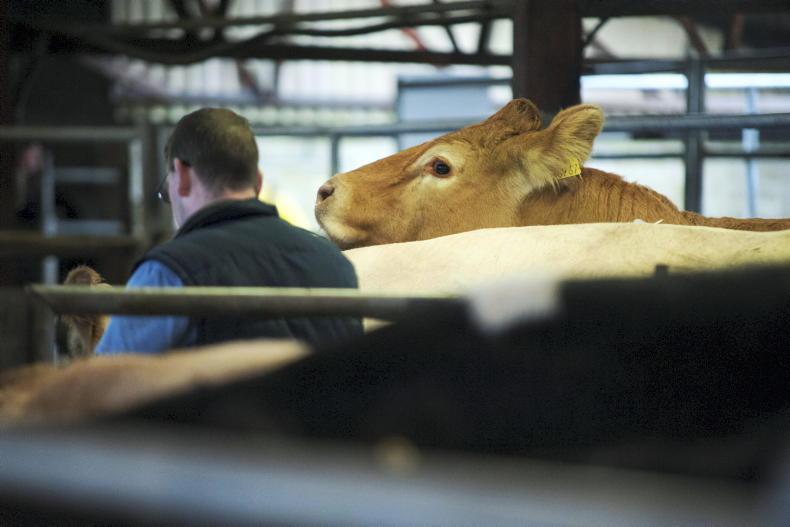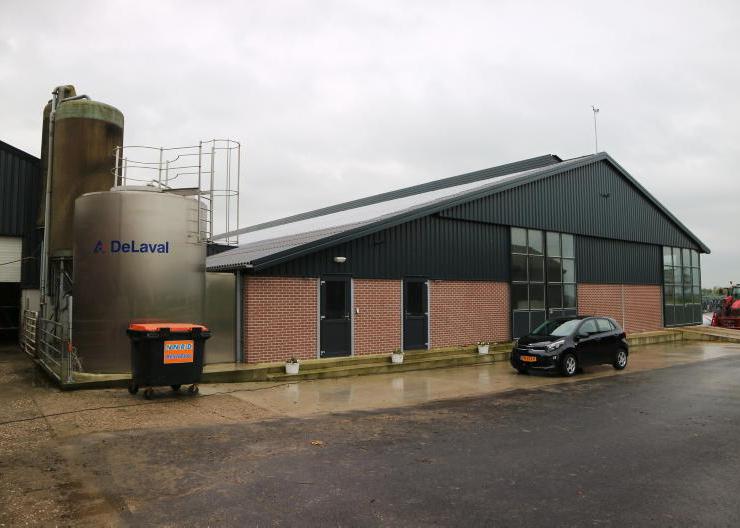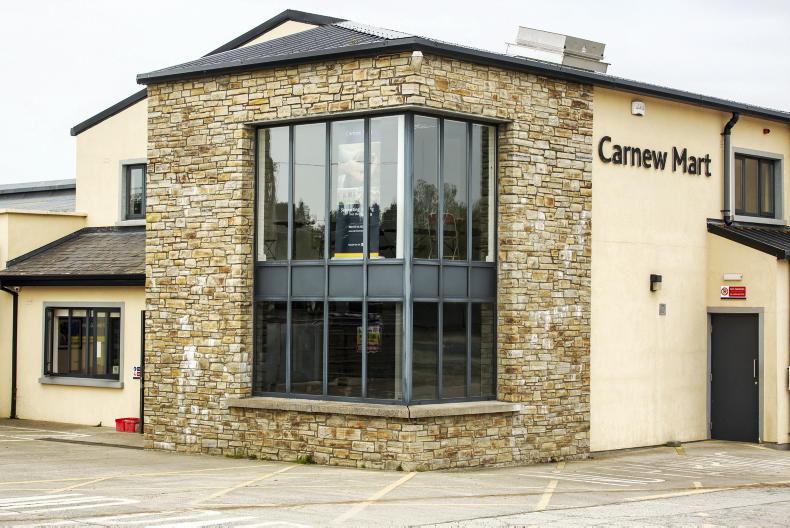To prevent the UK losing its bluetongue-free status, we should consider focusing our livestock imports from bluetongue-active countries to times of the year when midges are least active. This week, leading farm organisations joined together to remind farmers to be careful when importing animals and not to bring disease with them.
Bluetongue disease has continued to circulate around Europe, with cases being reported in France, Switzerland, Cyprus, Portugal, Spain, Greece and Italy, and more recently in Germany and Belgium
Since bluetongue is most active during periods when the disease-carrying midge is most plentiful, imports could be focused for the colder months. Furthermore, it would be sensible for bluetongue tests to be offered before livestock left farms abroad, to further reduce the risk.
Bluetongue disease has continued to circulate around Europe, with cases being reported in France, Switzerland, Cyprus, Portugal, Spain, Greece and Italy, and more recently in Germany and Belgium.
Closing the door to genetic imports would restrict our ability to drive our breeding stock forward
All livestock arriving from countries affected by bluetongue are tested for the virus, and animals that test positive are culled with no compensation. The farm is then placed under restriction for several weeks while extensive surveillance is carried out to rule out a further spread.
But we can’t play down the tricky balancing act on our hands. Closing the door to genetic imports would restrict our ability to drive our breeding stock forward in efficiency and output. Furthermore, it allows our own breeding to be tested against the best and improve.










SHARING OPTIONS